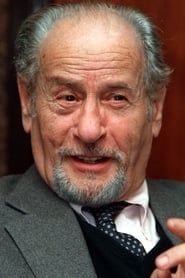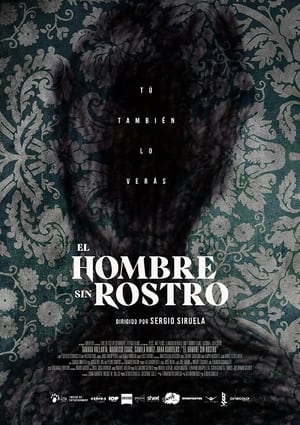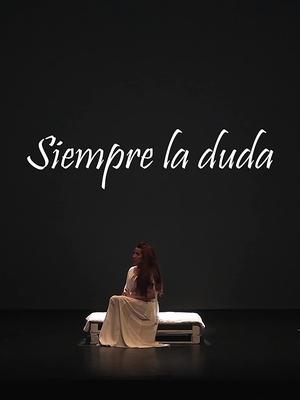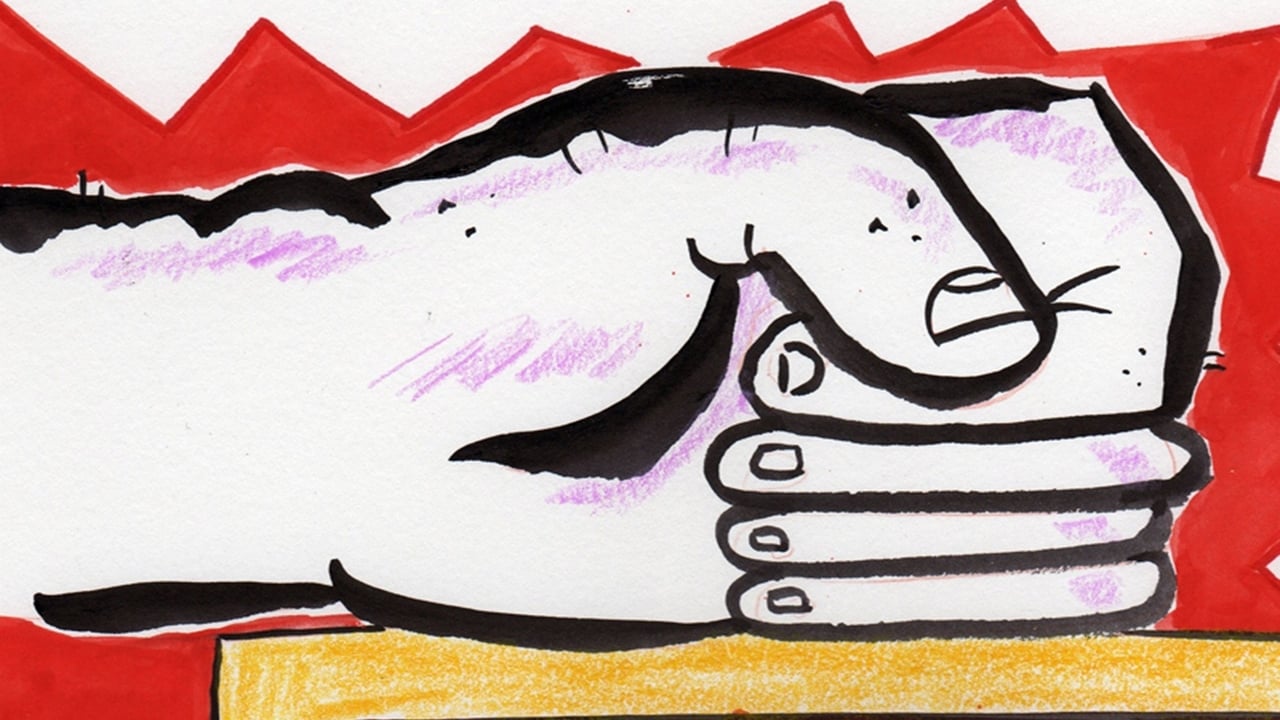
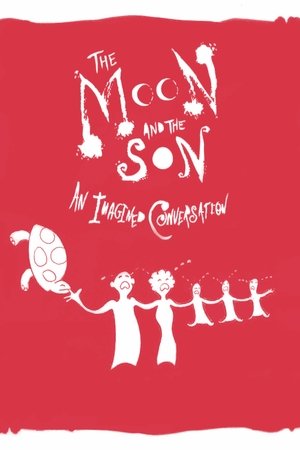
The Moon and the Son: An Imagined Conversation(2005)
An animated documentary that explores the terrain of father/son relationships, as seen through Canemaker's own turbulent relationship with his father.
Movie: The Moon and the Son: An Imagined Conversation
Recommendations Movies
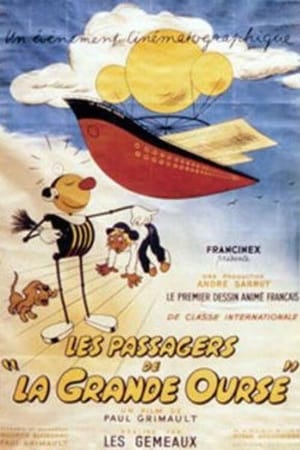 6.1
6.1The Passengers of Ursa Major(fr)
A futuristic cruise ship with a crew of robots is ready to take its first flight. A boy follows his curious dog on board of the ship, but then the ship takes off. The robots sees the boy as a blind passenger and try to get him off the flying ship.
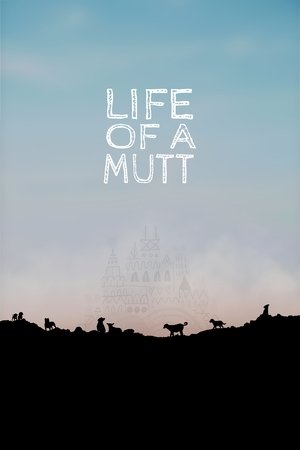 10.0
10.0Life of a Mutt(sr)
Through seven scenes, the film follows the life and destinies of stray dogs from the margins of our society, leading us to reconsider our attitude towards them. Through the seven “wandering” characters that we follow at different ages, from birth to old age, we witness their dignified struggle for survival. At the cemetery, in an abandoned factory, in an asylum, in a landfill, in places full of sorrow, our heroes search for love and togetherness. By combining documentary material, animation and acting interpretation of the thoughts of our heroes, we get to know lives between disappointment and hope, quite similar to ours.
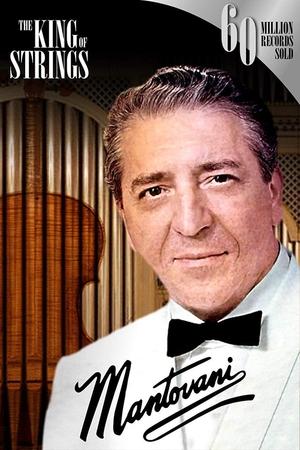 6.0
6.0Mantovani, the King of Strings(it)
Known for his unmistakable cascading strings and recordings such as Charmaine, Mantovani enthralled the world with his sublime arrangements. This is the story of the man and his music.
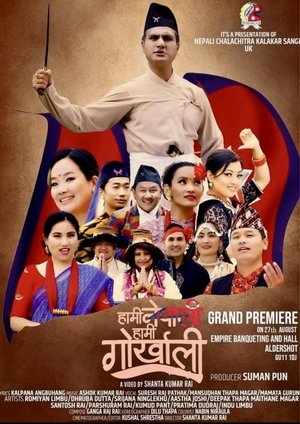 9.5
9.5Hami Nepali Hami Gorkhali(en)
Hami Nepali Hami Gorkhali is a Nepali music video story about Gurkha people
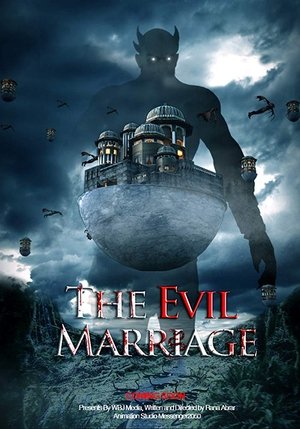 10.0
10.0The Evil Marriage(ur)
Once upon a time, in a far away, across the dark jungle, a castle in the sky, there lived a king of Evils with his evil guards. One day, one of his magicians showed the magic mirror and shows a beautiful human girl in this mirror, and told that if he wants to continue to be a king he must marry this girl. The story of "The Evil Marriage movie" revolves around the character of "Nur" (a human girl) who was kidnapped by the Evil's king guards and took her to unfamiliar world where she will have to marry the evil in order for others to live. But, there is someone who sneaks into the dark jungle to reach the evil castle and rescues her.
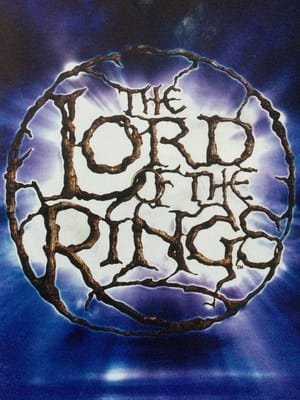 8.8
8.8The Lord of the Rings the Musical - Original London Production - Promotional Documentary(en)
This 15-minute DVD follows the adaptation of LOTR for the stage, and features rehearsal and show footage of the initial production in Toronto as well as interviews with the creative team now preparing for the London production.
Girls Fight Club(en)
The best women's wrestling competition of all time...and if you think it's fake you're in for a big surprise See LEGENDARY Mixed Martial Arts fighters coach their teams to victory in the cage! aka Chuck Lidell's Girl's Fight Club
 8.0
8.0American Weightlifting(en)
American Weightlifting is the story of a sport in turmoil and the athletes and coaches whose passion drives them to succeed despite the odds. The sport is extremely popular internationally, but obscure and struggling in the US. Amateur athletes and coaches with little or no financial support struggle to compete with the professionals who dominate the sport internationally.
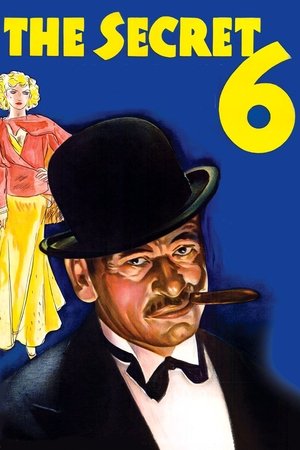 5.8
5.8The Secret Six(en)
Bootlegger/cafe owner, Johnny Franks recruits crude working man Scorpio to join his gang, masterminded by crooked criminal defense lawyer Newton. Scorpio eventually takes over Frank's operation, beats a rival gang, becomes wealthy, and dominates the city for several years until a secret group of six masked businessmen have him prosecuted and sent to the electric chair.
 5.8
5.8The King's Trial(pt)
At the time Portugal presented a strange spectacle to the rest of Europe. D. Afonso VI, son of the fortunate D. João de Bragança, was in possession of the throne and was an insane imbecile. His wife, daughter of the Duke of Nemours and cousin of Louis XIV, dared hatch a plot to oust her husband from the throne. The king's stupidity justified the queen's bravado. Despite being master of unusual strength and having slept with his wife for a long time, she accused him of being impotent. Marie Françoise had acquired through artfulness what Afonso had lost in anger in the kingdom. She had him imprisoned ( November 1667 ) and quickly obtained a papal bull from Rome to confirm her virginity and bless her marriage to her brother-in-law Pedro. Portugal's submission for the Academy Award for Best Foreign Language Film in 1990.
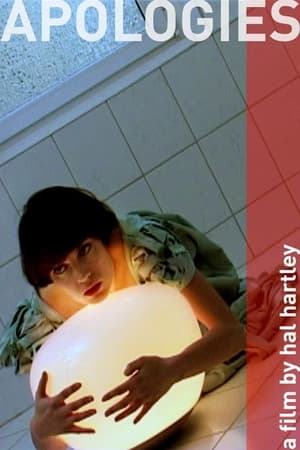 5.5
5.5The Apologies(en)
A commercially realistic but artistically conflicted playwright lends his Berlin apartment to a young actress friend so she can rehearse her drama school audition while he goes off to save his doomed production in New York.
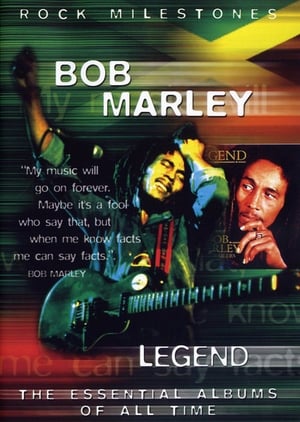 4.5
4.5Rock Milestones: Bob Marley: Legend(en)
Since its 1984 release, Legend has become the biggest selling reggae album of all time. This film comprehensively reviews the music, its creation and the people behind it. The first rate critics include Dave Robinson; former head of Island Records and the man who created the Legend compilation, and Lloyd Bradley; world famous music writer (author of Bass Culture: When Reggae Was King), amongst many others. Vintage Marley footage, including one of his last performances with the Wailers in 1981 completes truly the final analysis you will ever need of the album that cemented the status of a Legend.
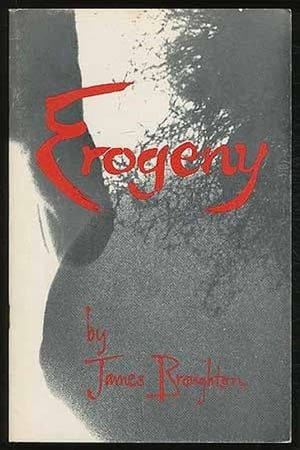 4.8
4.8Erogeny(en)
The film travels in close-up over the mysterious terrains of nude human bodies as they touch and explore one another.
 4.0
4.0No Cheating, Darling(de)
For some time now, the residents of the placid little village of Sonnenthal talk only about one topic: Football! The ambitious mayor wants to promote the Sonnenthal team to the district league at any price because this success would also boost his own popularity. But he did not expect the resistance of the new head of school, Barbara, who is heavily annoyed by the one-sided focus. To bring Sonnenthal′s men and the mayor in particular to their senses, Barbara sets up a women′s football team that soon turns out to be a serious competition for the men′s team.
Similar Movies
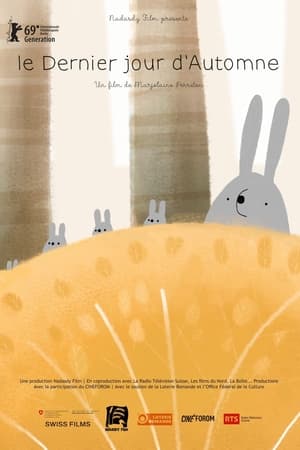 6.3
6.3The Last Day of Autumn(fr)
Winter is approaching, and the last day of the red-yellow-brown glow of autumn is a good time for the animals in the forest to organize a very special race. Ardently they construct buggies from discarded materials, and as the weather turns frosty, the race is on for the hare, fox, hedgehog, bear, and others. With mutual caring, the forest animals ride toward the finish line and their wintering grounds.
 7.0
7.0Pebble(en)
Pebble, a unique caterpillar made of pebbles, is determined to reach a green leaf.
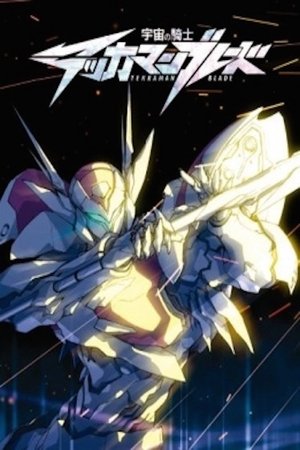 6.5
6.5Tekkaman Blade: Twin Blood(ja)
Twin Blood is an alternate version of Blade and Evil's first battle, with drastically different character and mecha designs from the rest of the series. Blade/D-Boy does not need Pegas to transform and the armor more closely resembles the Radam humanoids from Tekkaman Blade II.
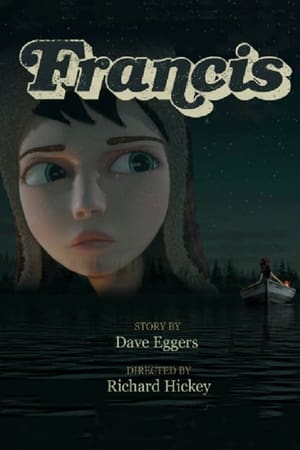 6.2
6.2Francis(en)
Francis is a short story written by american novelist Dave Eggers. This is the story of a young boy growing up in the suburbs of chicago. He spent his vacations in Quetico Provincial Park, up on the border of Minnesota and Canada. But he won't be going back any day soon, not after what happened to a girl called Francis Brandywine.
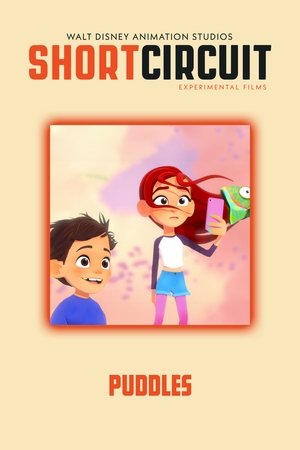 7.0
7.0Puddles(en)
An adventurous young boy discovers that puddles can be portals to a fantastical world, but struggles to get his sister's attention away from her phone to see the magic in the world around her.
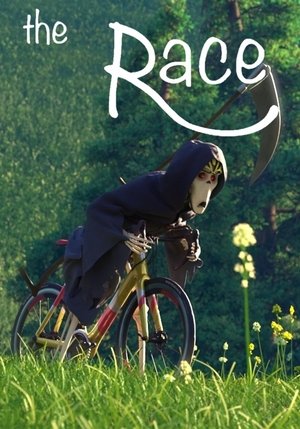 6.1
6.1The Race(en)
Grim desperately needs one more soul to win his work competition, but his last scheduled collection at a rigorous bike race turns his world upside-down. At the finish line, he learns that life is not always about the trophy at the end of the race.
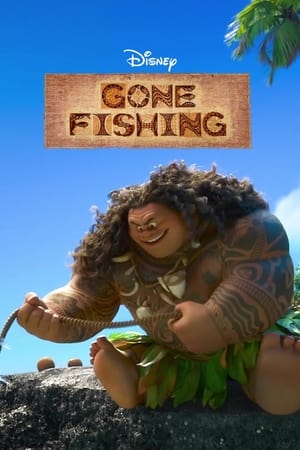 6.5
6.5Gone Fishing(en)
On Motunui, Maui tries to catch a fish with his magical fishhook, only to be comically foiled by the ocean.
Spanish Onions(en)
A mouse invites his girlfriend to a bullfight and ends up in the ring when the matador is defeated.
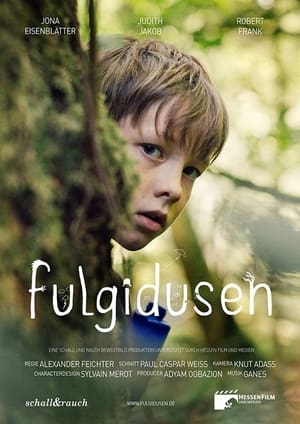 0.0
0.0Fulgidusen(de)
Felix is looking for a friend and discovers the 'Fulgidusen', the little lights of the forest. But the village of the Fulgiduses and thus also the secret of the forest are in great danger ...
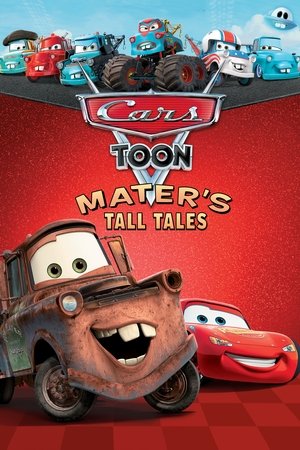 6.9
6.9Cars Toon Mater's Tall Tales(en)
Mater the tow truck travels from country to country as he retells his infamous but unbelievable stories.
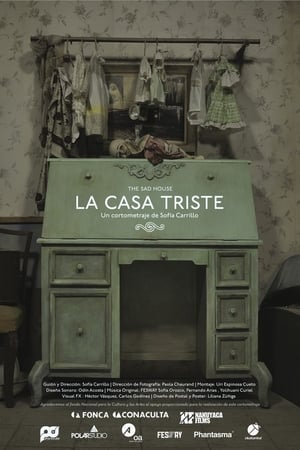 5.0
5.0The Sad House(es)
The story of a family told through objects found in junk shops and flea markets.
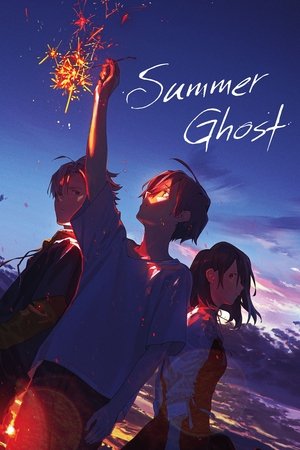 7.3
7.3Summer Ghost(ja)
An urban legend says that lighting fireworks at an abandoned airfield will beckon the "summer ghost," a spirit that can answer any question. Three teenagers, Tomoya, Aoi, and Ryo, each have their own reason to show up one day. When a ghost named Ayane appears, she reveals she is only visible to those "who are about to touch their death." Compelled by the ghost and her message, Tomoya begins regularly visiting the airfield to uncover the true purpose of her visits.
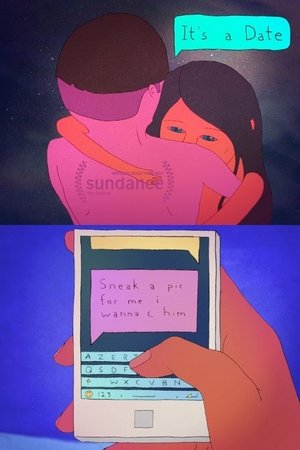 4.3
4.3It's a Date(en)
It’s a Date is a culmination of his preoccupations, a weird but humanistic look at a couple on a first date. It seems to be going well until the man decides to really open up and get (sur)real.
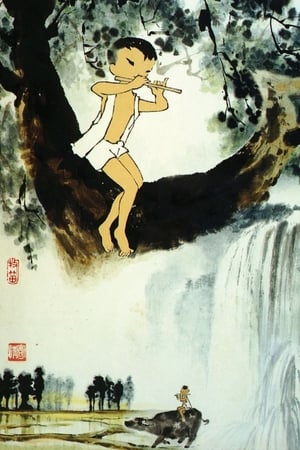 7.0
7.0The Buffalo Boy and His Flute(zh)
A young boy who likes to play the flute dreams that he has lost his water buffalo.
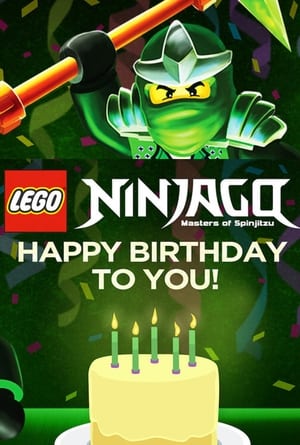 5.7
5.7LEGO Ninjago: Happy Birthday to You!(en)
LEGO Ninjago heroes Kai, Zane, Jay and Cole want to wish you a happy birthday, but they're going to need all their Spinjitzu skills to do it!
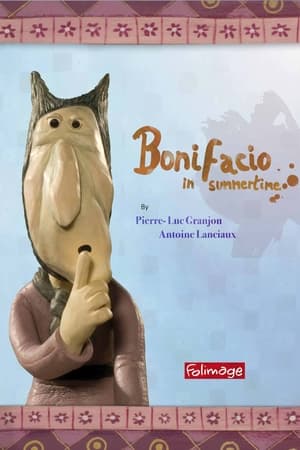 7.3
7.3Bonifacio in Summertime(fr)
Love has packed up and left the castle. The queen has snuck back to her Kingdom of Skedaddle. But one person’s loss is a scoundrel’s gain: Bonifacio, a teller of tall tales, sees in the forlorn queen the perfect target for his hackneyed charms. As summer approaches, he changes himself into a sweet talker and sings her praises. Things would have worked out perfectly if only Princess Molly hadn’t arrived on the scene. While visiting her mother, she quickly discovers the hoax: the queen thinks she’s found a new husband in Bonifacio. But the swindling storyteller is really only interested in the kingdom’s legends.
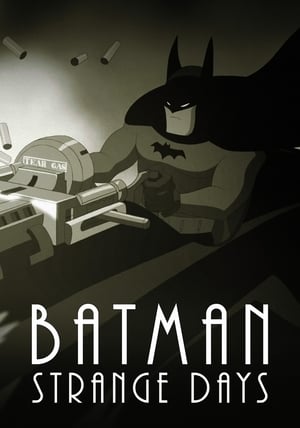 7.0
7.0Batman: Strange Days(en)
A lost tale from Batman's past, the Dark Knight tracks a strange giant to the mysterious lair of Hugo Strange.
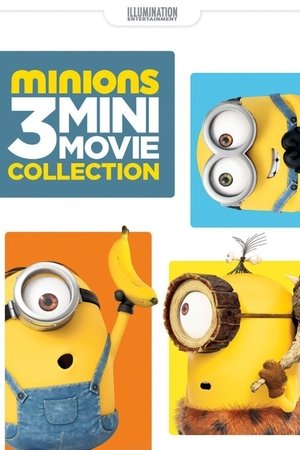 6.7
6.7Minions: 3 Mini-Movie Collection(en)
The Minions are back along with some new friends in three hilariously fun short films: Competition, Cro Minion, and Binky Nelson Unpacified.
